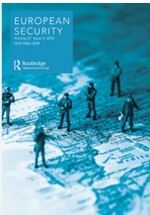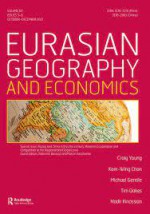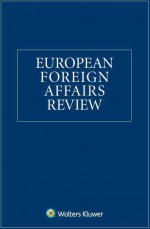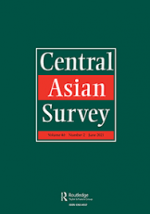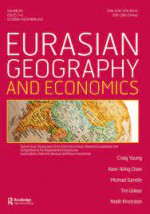The Substance of EU Democratic Governance Promotion via Transgovernmental Cooperation with the Eastern Neighbourhood
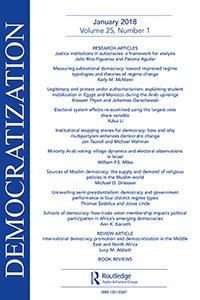
Existing studies of the European Union’s (EU) democratic governance promotion via transgovernmental cooperation in the EU’s neighbourhood seem to take the substance of what is being promoted by the EU for granted. In filling this gap, this article examines the substance of EU democratic governance promotion by assessing (1) to what extent norms of democratic governance appear in EU Twinning projects implemented in the Eastern neighbourhood, and (2) what factors account for differences in the presence of democratic governance norms across those projects. To explain possible variation, the article hypothesizes that the democratic governance substance of Twinning projects will vary with the country’s political liberalization, sector politicization, sector technical complexity, and EU conditionality attached to reform progress in a given policy sector. Data are retrieved from a content analysis of 117 Twinning project fiches from the Eastern neighbourhood and analysed via standard multiple regression. The article finds that the EU mostly promotes moderate, mixed democratic governance substance, which varies across different projects. This variation may be best explained by the level of political liberalization of the beneficiary country and the politicization and technical complexity of the policy sectors and institutions involved in respective Twinning projects.

